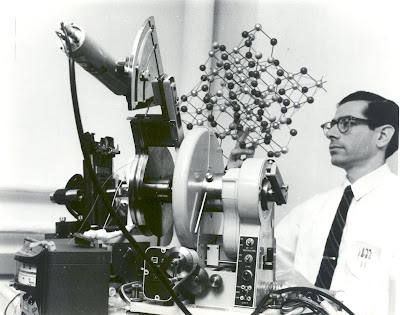
A member of productdesignforums.com asked "I would love to get some info and advice in general about product ideas,how to take it from idea to a real product without loosing all the credits.Imagine you have come up with the most brilliant idea of a new product but you dont have the resources to produce it yourself, should you make some fancy concept sketches and send it to companies that produce similar products(and find great interest in this product) or should you try to get a patent as soon as possible or...?"
In my observations about what works in real life- the most important thing to have is a prototype. The successful inventors that sell their ideas all have prototypes. Ideas are cheap.
These prototypes should not be appearance models. They should be breadboard models that convincingly demonstrate the points of innovation. If you are pitching to manufacturers and OEMs, the inventor should probably not style the product, because in all likelihood this would be a distraction to the many companies that you are pitching your product innovation to. Unless you are planning on selling the finished product at retail, try and figure out the functional aspects first then proceed to the styling. So the progression would be
Basic Functionality>Usability>Aesthetics
My company works with independent inventors from time to time and some of our best sellers are results of collaborations with these outside sources. The Airgrip laser level for example was an invention that was initially presented to us as a material support invention that used vacuums. We felt that the material support idea was not as strong but saw some merit in using it in small laser products. The product that the inventor pitched to us would have been a low volume niche product, but the product that we developed was a mass market hit- something that the inventor probably had not thought of. It is likely we would not have come up with that idea if the inventor had not sparked a train of thought. In fact the inventor received a royalty of all the products that were sold for that reason. Both of us profited from the venture.
Most marketers are looking for easy to implement solutions that are immediately viable. A prototype evaluates the idea/sketch and shows the development team that you have sorted through a lot of the issues. Why should the companies have to pay you royalties if they are the ones who have to design and implement your sketch.
So- if I had a choice between a prototype and a patent I would go for the prototype. Most large companies in fact will want to do things right because if you can demonstrate that their product apes your prototype then you can probably cause a lot more trouble than most companies are willing to go through. Procuring a patent also means that the company does not have to worry about competition implementing the solution that you are selling them.
Remember in all likelihood someone is thinking of the same solutions and is implementing those ideas. This is where dated sketches can be important in determining the validity of someone ripping you off. Have a witness sign a dated sketch and keep it in your records. There is a certain amount of risk in showing a work to clients, but really you want to make it as easy for them to do business with you. A patent is useless for an inventor if you cannot get through the first hurdle of selling the idea.
This has been my experience. Has anyone experienced any different?




